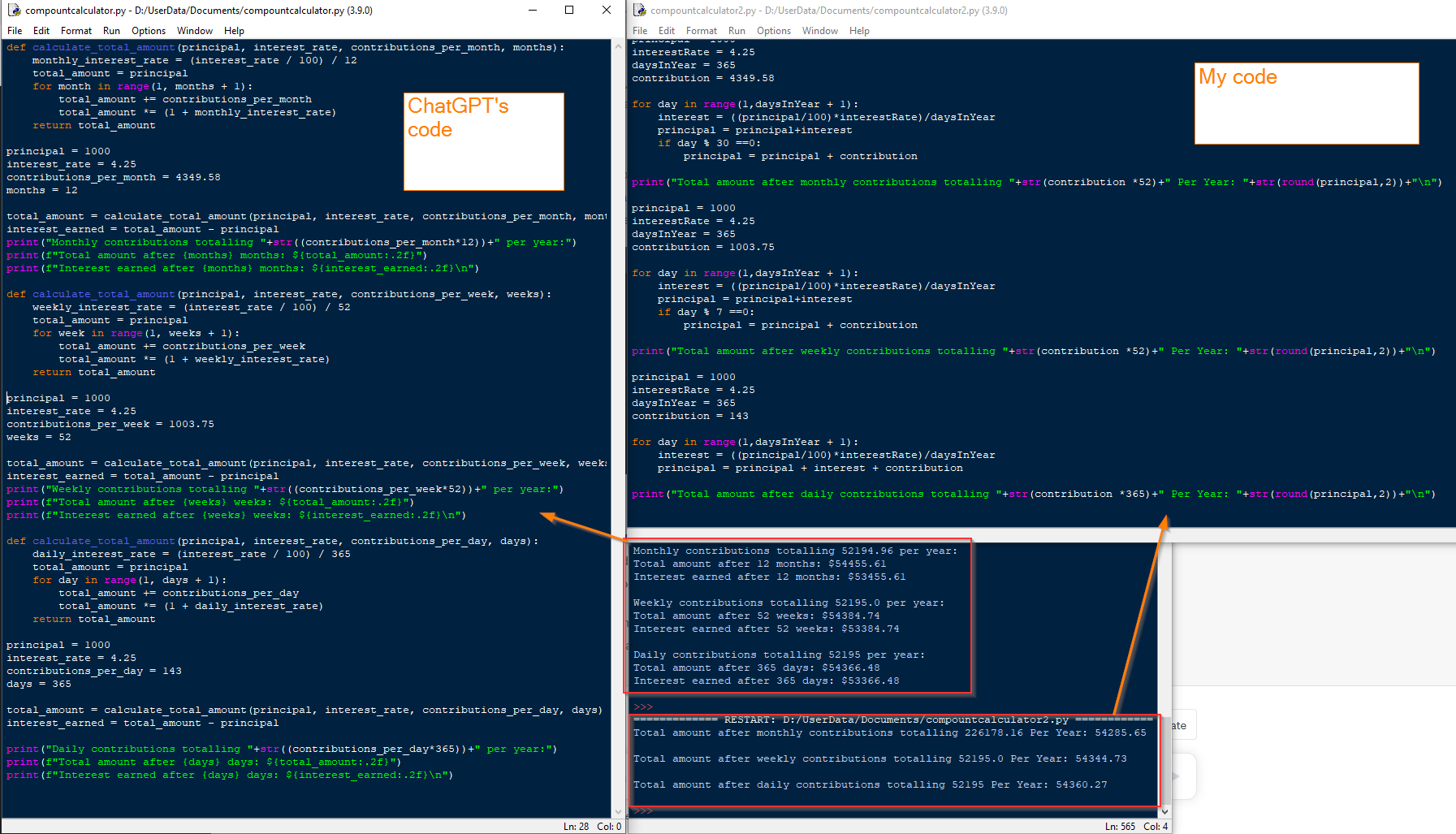Personal Finance
4684 readers
8 users here now
Learn about budgeting, saving, getting out of debt, credit, investing, and retirement planning. Join our community, read the PF Wiki, and get on top of your finances!
Note: This community is not region centric, so if you are posting anything specific to a certain region, kindly specify that in the title (something like [USA], [EU], [AUS] etc.)
founded 2 years ago
MODERATORS
201
202
203
204
205
206
16
[Daily discussion] How do you deal with relatives or friends making bad financial decisions?
(discuss.tchncs.de)
207
208
209
210
211
212
213
16
AI will be at the center of the next financial crisis, SEC chief Gary Gensler says
(markets.businessinsider.com)
214
215
216
217
218
219
220
221
222
223
224
225
